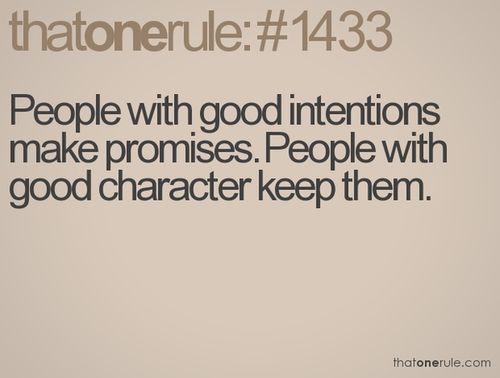I know I have not attended many formal business meetings yet, but my summer job at a restaurant has mini-meetings at the beginning of every shift run but the manager. They're really effective because they're quick and concise and they manage to get everyone on the same page as to what needs to be changed or accomplished that day.
I accidentally clicked on an article about "staying married" when browsing the NY Times online, but ended up reading through and in a strange way, it reminded me of the relationship some people have with their professional careers.
"A couple of years ago, it seemed as if everyone I knew was on the verge of divorce.
“He’s not the man I married,” one friend told me.
“She didn’t change, and I did,” said another.
And then there was the no-fault version: “We grew apart.”
Emotional and physical abuse are clear-cut grounds for divorce, but they aren’t the most common causes of failing marriages, at least the ones I hear about. What’s the more typical villain? Change.
Feeling oppressed by change or lack of change; it’s a tale as old as time. Yet at some point in any long-term relationship, each partner is likely to evolve from the person we fell in love with into someone new — and not always into someone cuter or smarter or more fun...





 ar
ar




